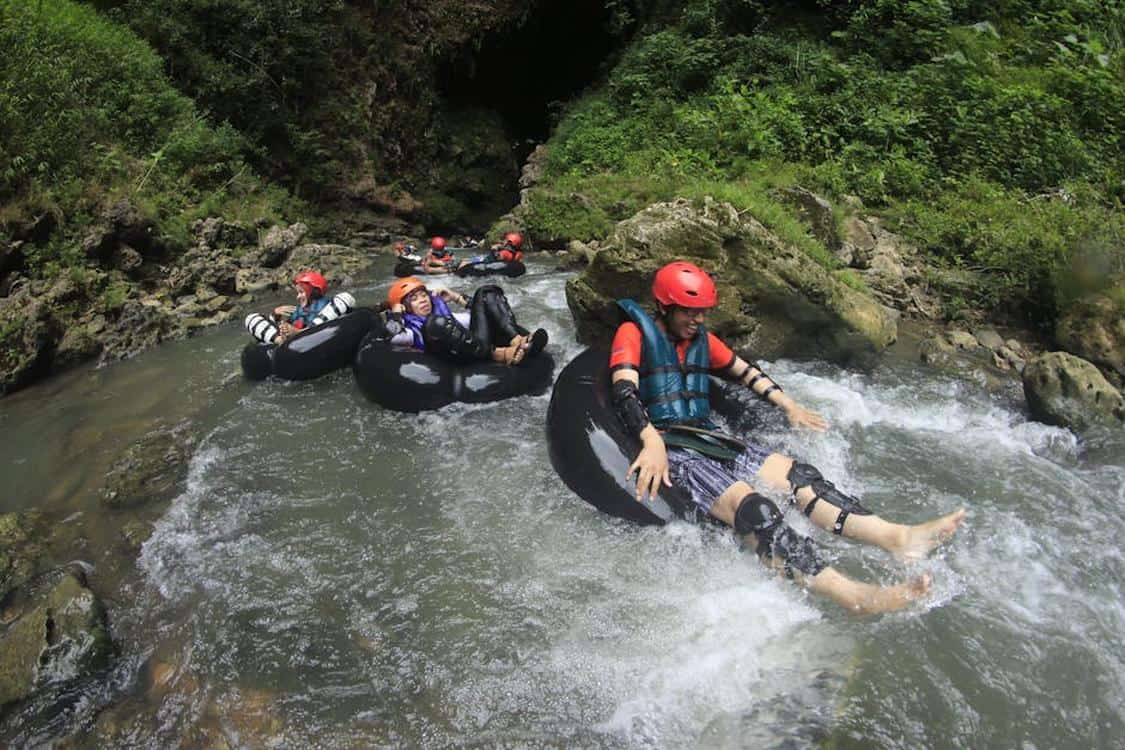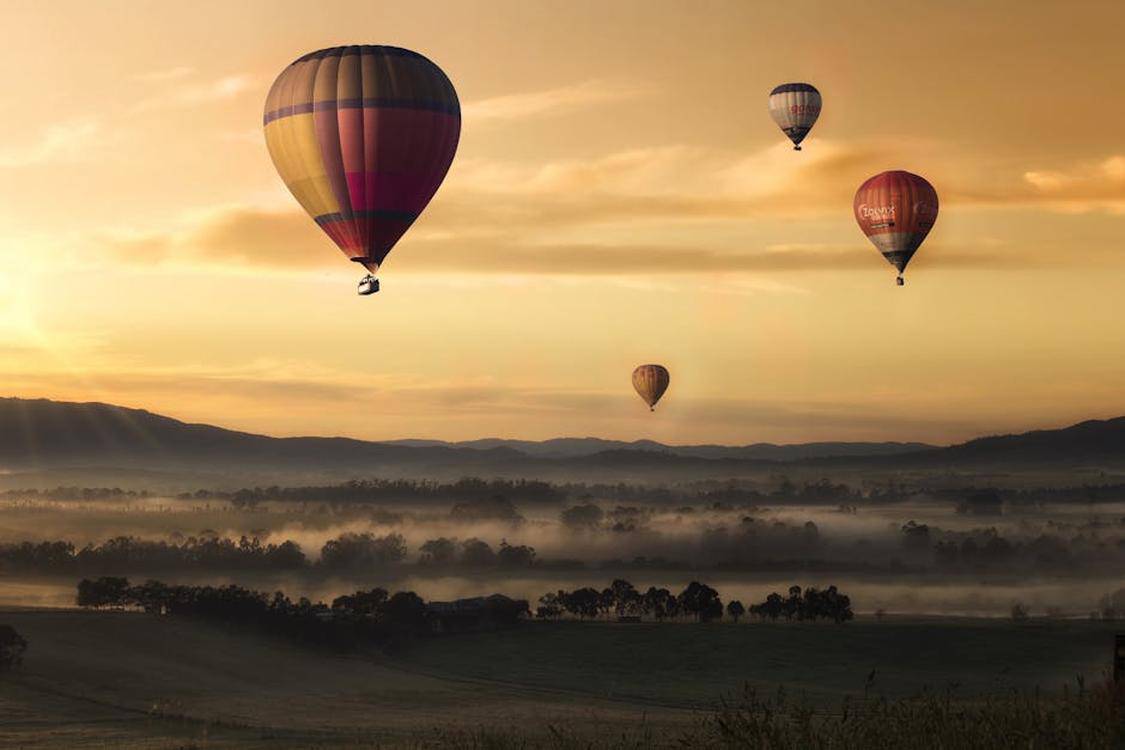Whether your adventure is short and sweet or months long, you will need to start planning well in advance. Having the skills to plan effectively will make sure everything goes smoothly on your adventure.
Unlike other trips and holidays, adventures are usually based around an activity. So it’s important to decide what you want to do before you start planning.
1. Decide What You Want to Do
The first step in Genuine Adventures planning is working out what exactly you want to do. This might seem obvious, but it’s a big part of the process and is often where people get stuck. This could be as simple as narrowing it down to a single activity, or as complicated as deciding where you want to go and what you’ll do there.
Once you have a firm idea of what you want to do, it’s a good idea to start researching that activity in greater detail. This will help you find out if it’s something that can be done in the time you have available, whether there are any other specific requirements for equipment or safety and so on. It will also give you an indication of how much the trip might cost – so you can begin saving up for it.
At this stage, it’s worth considering the team that you want to accompany you on your adventure. This will have a huge impact on your experience and can make or break it. If you don’t have a team in mind, it might be worth checking out websites like Explorers Connect for opportunities to join other adventures, or doing some research into local groups and organisations that can help you find a group to adventure with.
It’s also a good idea to think about how long your trip will be. This will influence how much you need to save, what sort of accommodation options you might be able to find and so on. It will also help you determine how much time you should allow for recovery and relaxation if that’s an important aspect of your trip.
2. Set a Budget
It can be easy for fun to take a back seat when you’re busy with life’s responsibilities. But making adventures a priority helps ensure that you’re getting out and exploring regularly. Whether that means scheduling regular weekend hikes or setting up game nights with friends, making a conscious effort to prioritize fun is essential for keeping your life balanced and feeling fresh.
Once you know what type of adventure you want to do, the next step in your adventure planning is setting a budget. Be sure to consider all of the costs involved, including transportation, accommodations, meals, activities, travel insurance, and emergency funds. Creating a spreadsheet or Google Sheet is an excellent way to track and visualize all of the costs associated with your trip.
Depending on where you’re going and what kind of adventure you’re planning, it may be possible to reduce your expenses by avoiding tourist attractions and instead visiting local parks or reserving accommodations with kitchens that can allow you to prepare meals at home. In addition, taking advantage of public lands that offer fee-free days or free entrance can help you stretch your travel budget even further.
It’s also worth noting that, while adventure doesn’t have to be expensive, you’re unlikely to get the most out of your experience if you don’t put in the work. Make a list of all the things you’d like to do on your adventure and then rank them based on their availability, feasibility, and the amount of time you have available. This will help you decide which activities to prioritize as you begin training for your trip. The last thing you want is to over-train and end up feeling burnt out before your trip even begins.
3. Start Training
Unless you are an experienced endurance athlete with a well-established aerobic base and strong skillset in mountain biking, paddling, and bushwhacking, winging it on an adventure is a good way to get yourself into trouble. While there are numerous cases of world explorers taking off on an incredible journey that could have lasted months or years and having the time of their lives, it’s far better to take the safe route and preplan your adventure.
When you start planning your adventure, it’s also a great idea to start training for it. For an endurance adventure, this is usually a mix of long cardio workouts and short interval training sessions. During your workouts, try to replicate the disciplines of your race as much as possible. This includes running, swimming, and cycling. The more you can simulate the conditions and terrain of your race, the better.
If you’re planning a bike-based adventure, get out and ride some mountain bikes. Practice climbing hills and getting used to the feeling of having your legs blown by wind on the tops of steep mountains. Do some trail runs, too. While you’re at it, learn how to read the land, whether you’re traipsing through a field of thick undergrowth full of prickers and stinging nettles or traversing a flooded fire road with shin deep mud.
If you’re planning a group adventure, make sure everyone is on the same page with your plans. The most successful group adventures are those where every member is invested in making the trip a success. Keep communication open with your members and use tools like Doodle to poll for decisions when you need to.
4. Get a Group Together
It’s important to gather a group of people that are excited about the same types of outdoor adventures you’re interested in. Aim for a mix of skill levels and backgrounds, as this will help make the trip more enjoyable for everyone involved. Get to know your group members by doing some socializing before launching into planning. Ask each of them what lights them up and where their passions lie (this isn’t necessarily about their career, but more so what makes them tick). This can give you some good insight into the dynamics of the group.
During this time, you should also be sure to cover some logistical details with your group. Getting everyone on the same page regarding how much they are willing and able to spend can save a lot of headache and stress down the line. It can also help you determine if there are any costs you might need to look at skipping in order to stay within your budget – for example, private airport transfers or admission into cultural sites.
You should also ask your group if they are comfortable with having some meals planned for them, which can really take the pressure off on day adventures and multi-day treks. Finally, if your adventure will require any specialist equipment like climbing gear or snowshoes, it’s worth asking your group if they have this already or if they are interested in learning it ahead of time. The more prepared you are, the safer and more fun your adventure will be – which is why it’s so important to plan ahead!
5. Book Your Trip

There’s nothing worse than arriving at an adventure and finding that a key reservation was never made, an essential piece of kit is missing or that part of the route you had planned on following has been closed. A bit of thoughtful planning can prevent these kinds of surprises, and allow you to really enjoy your trip.
Whether it’s a day adventure or a multi-day trek, you will need to have an idea of your route in order to plan things like accommodation (if needed), transport and food. There are some amazing tools available for both inspiration and organising these details, so take some time to look at what is out there.
Once you have your idea of what you want to do, it’s worth ballparking how much money you think you will need for the whole trip – travel costs, accomodation and food. You can use tools like Bing maps to help with this, as they offer free Ordnance Survey mapping – yay!
It’s also worth considering any extra equipment you might need. For example, if you’re going on a high-altitude hike, it’s likely that you will need to have some kind of medical insurance as well as the right gear for climbing at that level.
Finally, it’s worth keeping a checklist of all the things you need to do in order to make your adventure happen. This will help you avoid those little tasks that often slip through the cracks – like making sure your phone is on roaming in the right country for your trip or remembering to tell your family and friends where you are! There is an art to effective planning, so try not to get too bogged down in the detail and over prepare – your adventures are supposed to be a bit of a risky, adrenaline fuelled, out of your comfort zone experience.





